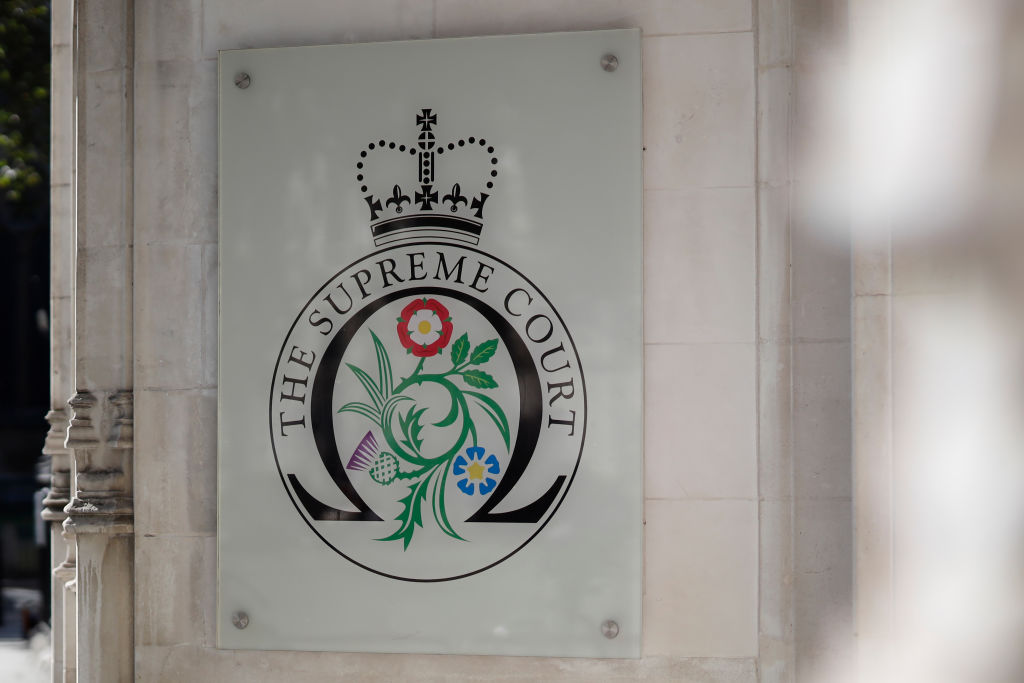Now that more experts have had time to study the ruling, the legal validity of the Supreme Court decision on the prorogation of Parliament is unravelling with every passing day. The court cited two cases to justify its involvement in political decisions: the Case of Proclamations (1611) and Entick v Carrington (1765).
The Case of Proclamations laid down that the King could not make new laws by proclamation. The easiest way to study it is to look at the notes of the case by the presiding judge, Sir Edward Coke in his Selected Writings (p. 486 of the Liberty Fund online PDF version).
The King wanted to prohibit building in London and to prohibit the making of starch from wheat. Following consultation with other judges, Coke told the King:
‘I said, that the King cannot change any part of the Common Law, nor create any Offence by his Proclamation, which was not an Offence before, without Parliament.’
Having cited the case, the Supreme Court then went on to establish a new legal principle, without any foundation in statute, common law or custom.








Comments
Join the debate for just $5 for 3 months
Be part of the conversation with other Spectator readers by getting your first three months for $5.
UNLOCK ACCESS Just $5 for 3 monthsAlready a subscriber? Log in